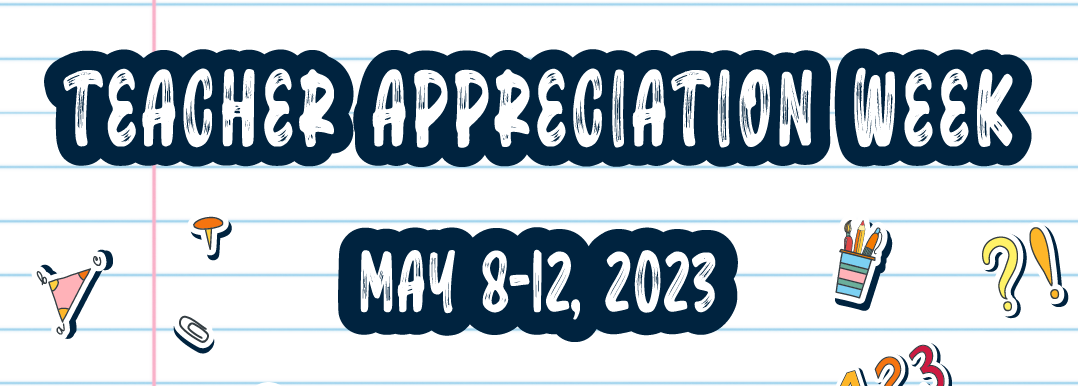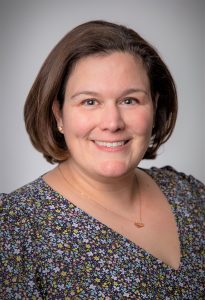By Meghan Whittaker, OSERS Special Assistant
Today, more than 60% of students with disabilities spend at least 80% of their day in general classes. This wouldn’t be possible without special educators who help to customize curriculum that is accessible to all and ensure the individual needs of students with disabilities are met.
Special educators serve a critical role in our nation’s public school, yet 45% of schools reported vacancies in special education roles, and 78% reported difficulty in hiring special education staff. Special education teacher shortages have been a longstanding challenging in most states and have only worsened since the start of the COVID-19 pandemic.


